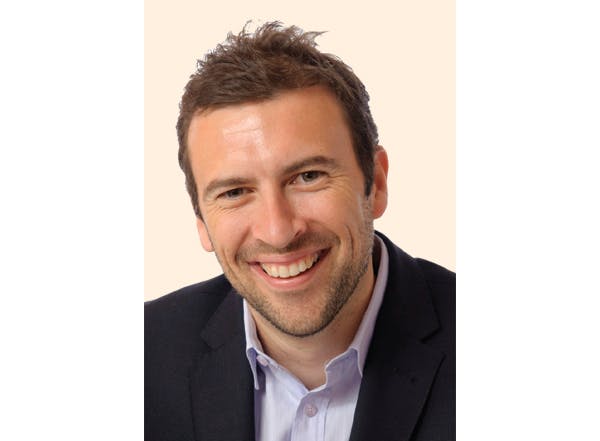Jason T Smith wasn’t planning to go into business for himself. Instead, he aspired to become a “medical missionary” and work in the developed world helping those less fortunate than himself.
But Jason is now credited with having achieved what many believed to be impossible in the preventative health space – he is the chief executive and founder of a successful franchise based on a unique business model spanning about 50 practices with a turnover of more than $30 million.
As with most businesses, it started small. Jason initially set up a physiotherapy practice in his carport at the age of 24. The year was 1999 and Jason, armed with a physiotherapy degree with honours from Melbourne University, was looking for a new adventure.
It was an idea that gave him the inspiration and drive to succeed. After working briefly in the public health system in Melbourne and travelling broadly, including to Cambodia where he worked on amputee limb projects, Jason felt there was a gap in the health system.
He responded by developing a new preventative health philosophy aimed at, not only staving off injury, but encouraging healthy people to perform to the very best of their abilities. Programs could be tailored to assist the individual needs of patients.
“I came to Australia and realised there was a big gap in what physiotherapy was offering and started a small practice in my carport at home in an outer suburb in Melbourne,” he tells Dynamic Business.
“I’d only been out of school for two years. Within three or four months it took off. I had patients from five in the morning until 11 at night.
“The philosophy was all built around taking patients through a staged process, or a very structured process of identifying their unique attributes, their unique predispositions, what it was they needed from a health provider.
“More broadly I described it as integrative physiotherapy which is a lot more than just preventative health… We want to go one step further and we want to promote optimal performance in the mums and dads and seniors around us. We have effectively redefined health as not being the absence of injury and disease, but performing at your physical best.”
After six years Jason had about half a dozen of his own practices and employed a number of senior clinicians, some of whom wanted to become partners in the project. After seeking advice, Jason opted not to enter into a partnership arrangement and instead went for what he called a quasi-franchise style of business model. “You don’t often think of something as intangible as a medical service as being a franchise,” he says.
“I always think of my business as really just a collection of lots and lots of small businesses… My guys out there in the practices face the same challenges and opportunities of small businesses. The principles we apply in our group have to work at a local suburb level with mum and dad consumers…. We’re still a small business at heart.”
The franchise model has proved to be a success for Jason. He says the most important considerations when taking new people into his brand are their attitude, their belief in his philosophy and their commitment.
“I want to know their attitude, belief and commitment towards this unique philosophy that has so spearheaded our traction in the market,” he says. “We would license these guys typically after they have worked in our practices. They may have actually been on our payroll, they’ve really tasted our philosophy, we’ve had a chance to road test and stress-test them. That’s a really important way of screening the talent and the attitude.”
There are currently practices set up across five states, including Victoria, New South Wales, South Australia and Tasmania with the entire operation taking about 50,000 consultations per month. Jason plans to expand the business to all seven states and territories. His goal is eventually to have over 100 practices and he is aiming at a turnover of over $50 million per year.
In some ways, Jason was fortunate to have picked a winning horse. A recent Deloitte Access Economics Report ranked Preventative Health and Wellness as 7th in the nation’s quickest growing industries. Clever branding has helped spur this success, with all practices branded as part of the “Back in Motion Health Group”.
“They are all branded with the same name just as you would expect of any other franchise even though there is a whole other layer of professionalism,” he says. “From an identification point of view, that has proved very valuable”.
However, Jason readily admits that he has made mistakes along the way. “I’m not a business man by qualification or training,” he says. “I’m a clinician.
“In my big high-stakes mistakes, it’s been me being too naïve. I’ve lost a lot of money over the years by people saying to me on a handshake they will do what they say they are going to do.”
Other challenges have involved technology and upgrading computer systems at a cost of hundreds and hundreds of thousands. But in the end, Jason says the most important factor in succeeding in business is maintaining your conviction and mental drive.
“For me, I think the strong attribute I rely on mentally is that this isn’t just an innovative idea. This is a business plan… I truly have a conviction on this. It doesn’t matter if I can’t explain it. I have a strong conviction that this is what I’m meant to do… this is actually my calling”.

